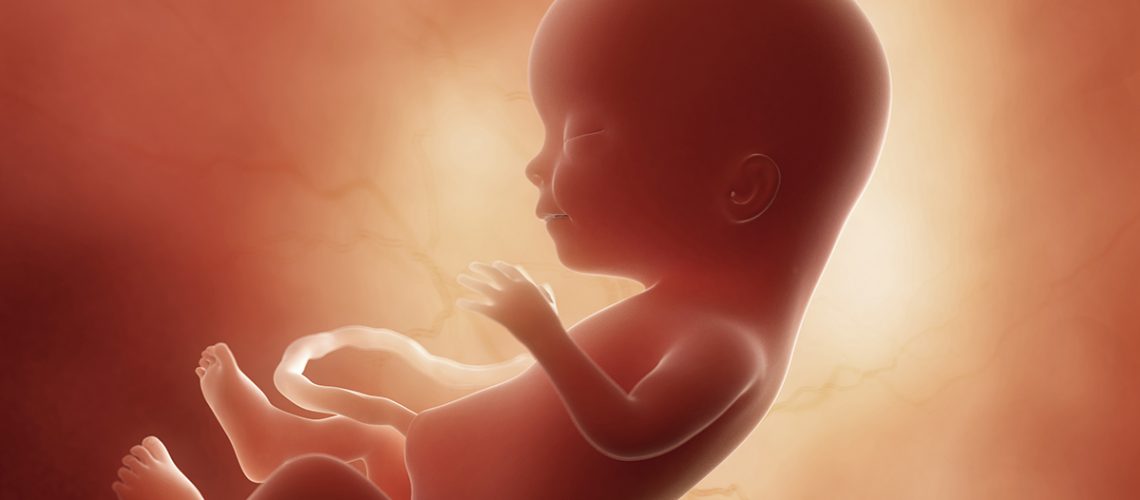The Supreme Court is currently considering a Louisiana statute that requires doctors performing abortions to have admitting privileges in a nearby hospital. This regulation was passed in response to widespread evidence of the potential complications of abortion procedures on women and failure to care for them by abortionists. While a nearly identical statute in Texas was struck down, 5-4, two terms ago, with Justice Kennedy in the majority, the Fifth Circuit held that, under the facts of the Louisiana case, the regulation was constitutional.
The Supreme Court asked for briefs on two specific questions: (1) whether the regulation was an “undue burden” on a woman’s right to abortion, and (2) whether the abortion providers had standing to raise the issue for women when the regulation was meant to protect them against the providers. Needless to say, the case has much attention, and many amicus briefs have been filed on each side of these issues.
NLF, along with several other pro-life organizations, joined a brief that points out a methodological flaw in the way many have viewed the first issue. The Texas and Louisiana attorneys general have focused only on the existing abortionists at the time the regulation was passed (six in Louisiana) and whether the new regulation about access to a hospital in case of complications eliminates the eligibility of some of them to continue to provide abortions. That ignores, however, that there are many doctors who are qualified to do abortions who do not wish to do so and that the Supreme Court has repeatedly held that a woman does not have a right to force doctors to perform abortions. Thus, the proper analysis looks not just at doctors who actually do abortions, but at all doctors in the state who are qualified under the challenged law to perform abortions.
NLF pointed out that the Court may take judicial notice from readily available and reliable data that there are over 100 general hospitals scattered throughout Louisiana, all with doctors qualified, if they so desired, to perform abortions. In other words, the Louisiana law, a reasonable regulation intended to promote the health and well-being of women, does not “unduly burden” a woman’s right to an abortion from a constitutional standpoint. Any lack of access to doctors willing to perform abortion is predominantly attributable to considerations other than the challenged regulation, namely, that many qualified doctors simply to not want to perform abortions, and Louisiana’s law should be upheld.
A decision will likely be issued in June 2020.

